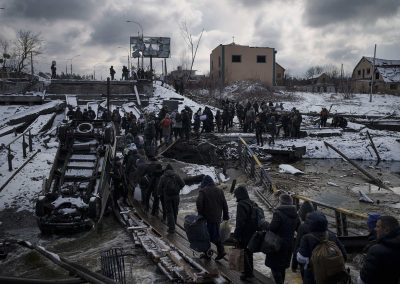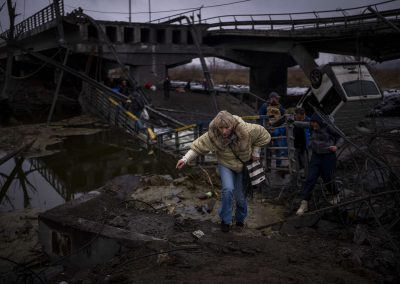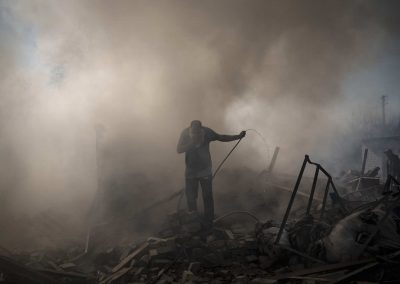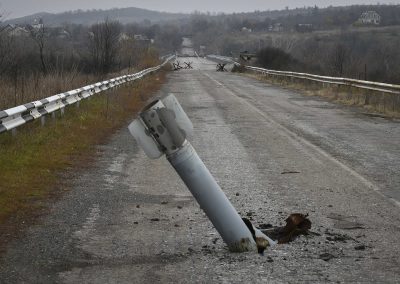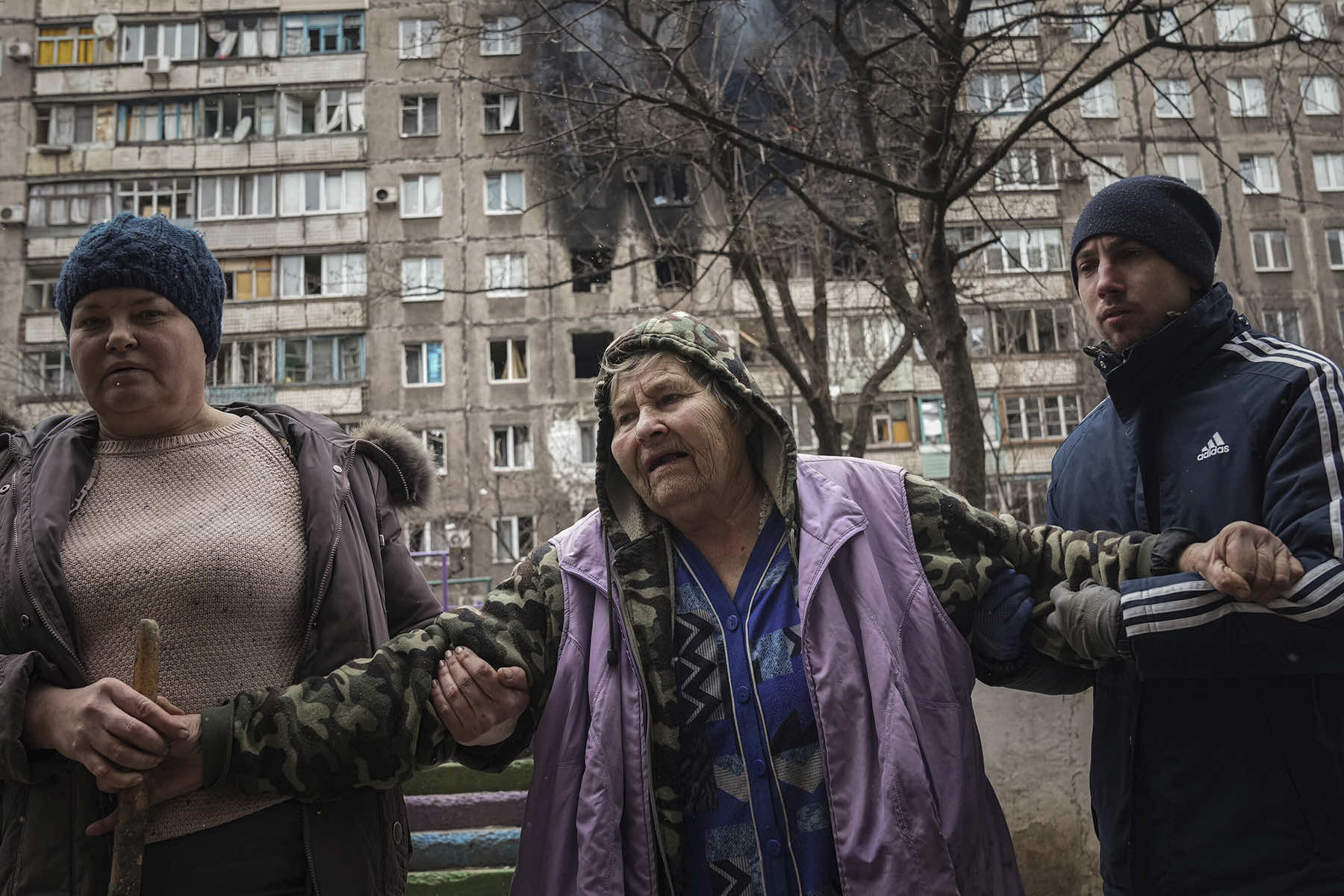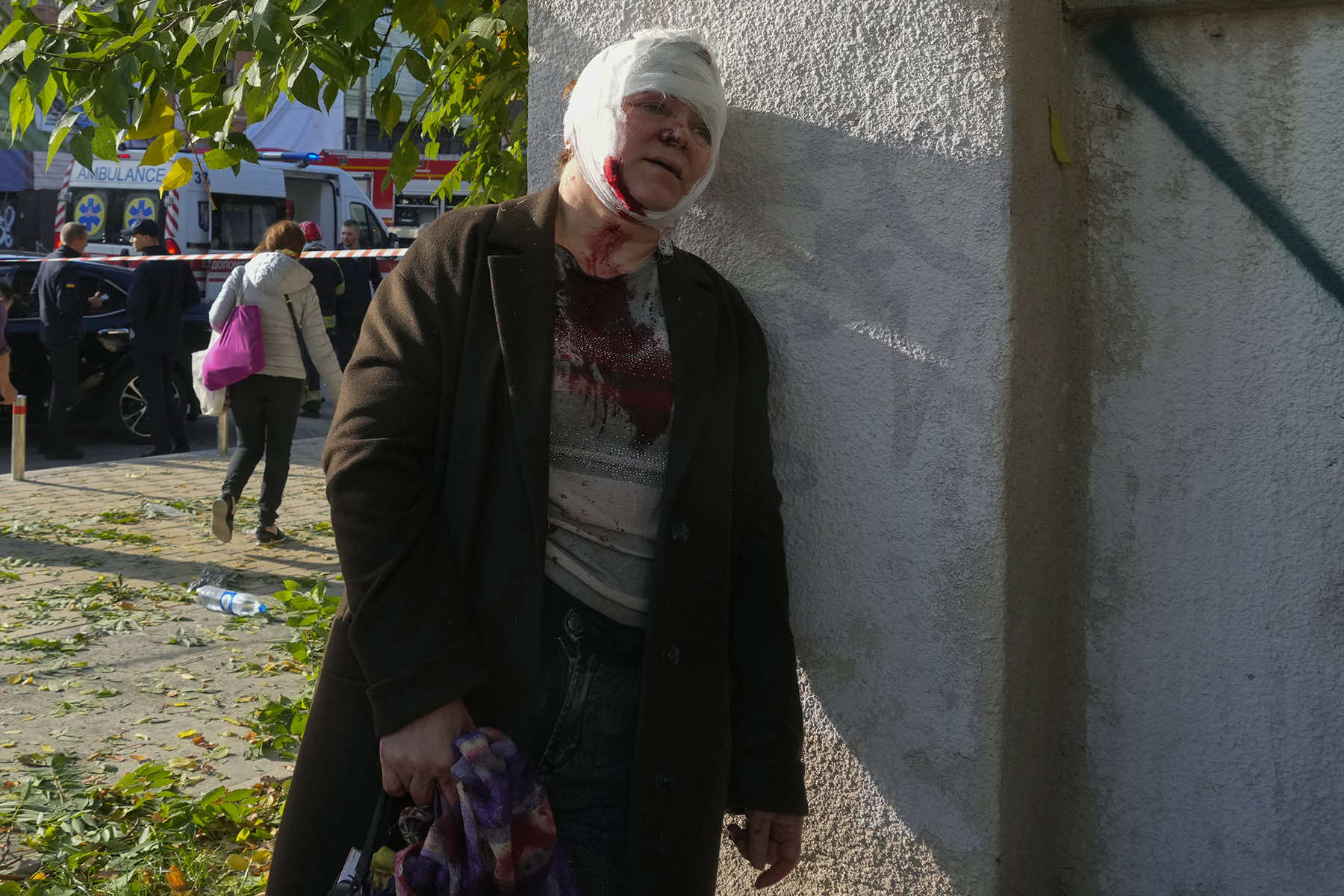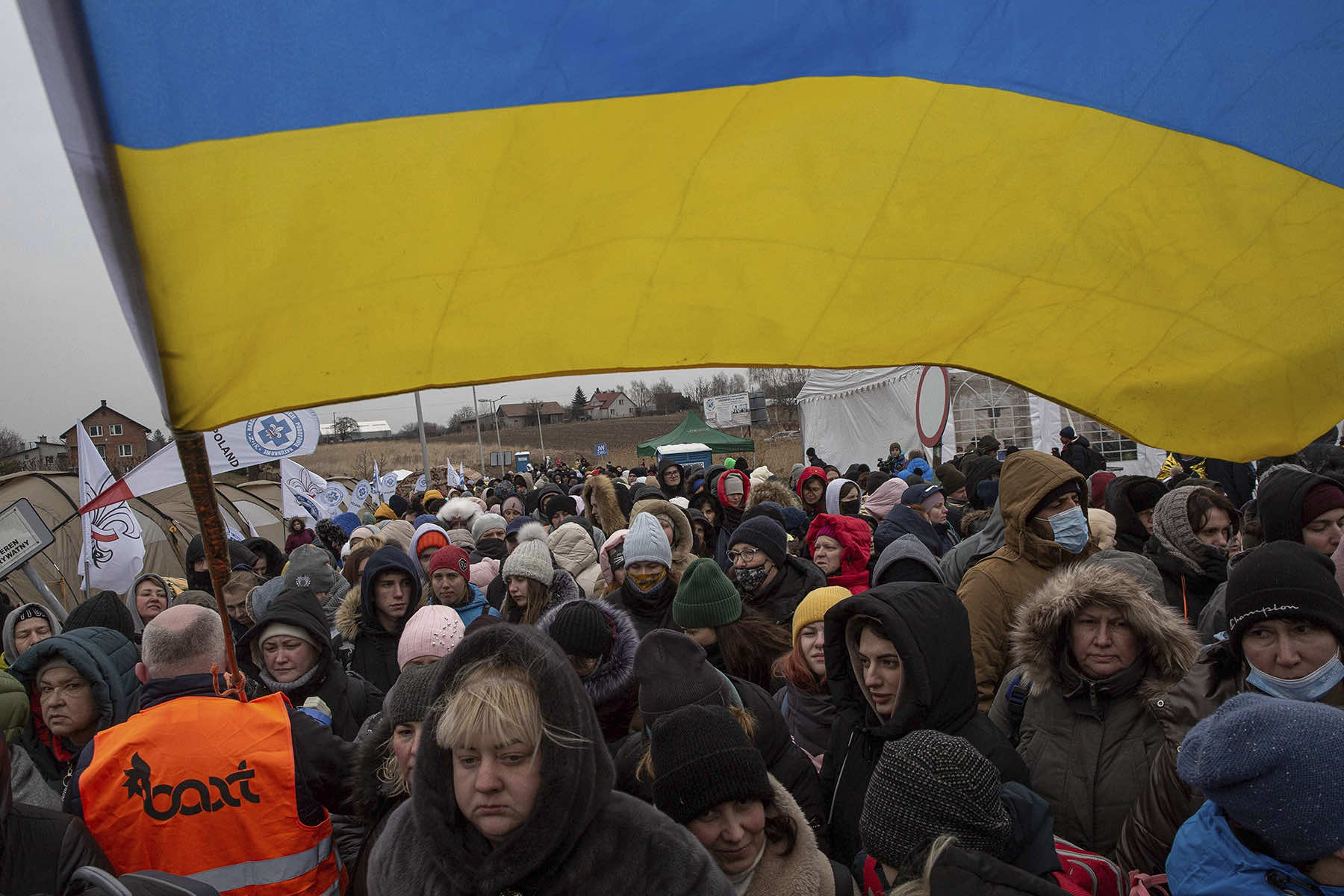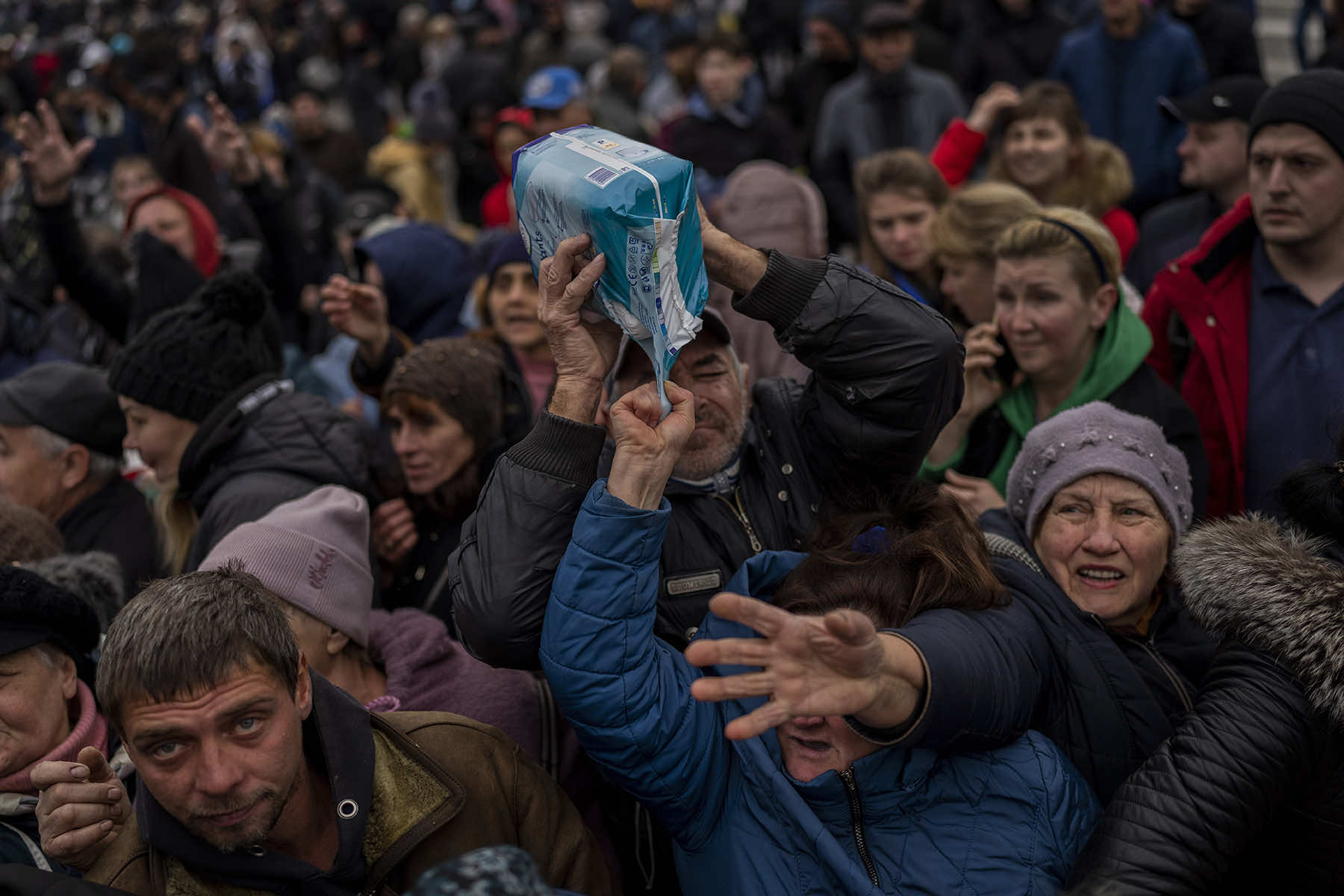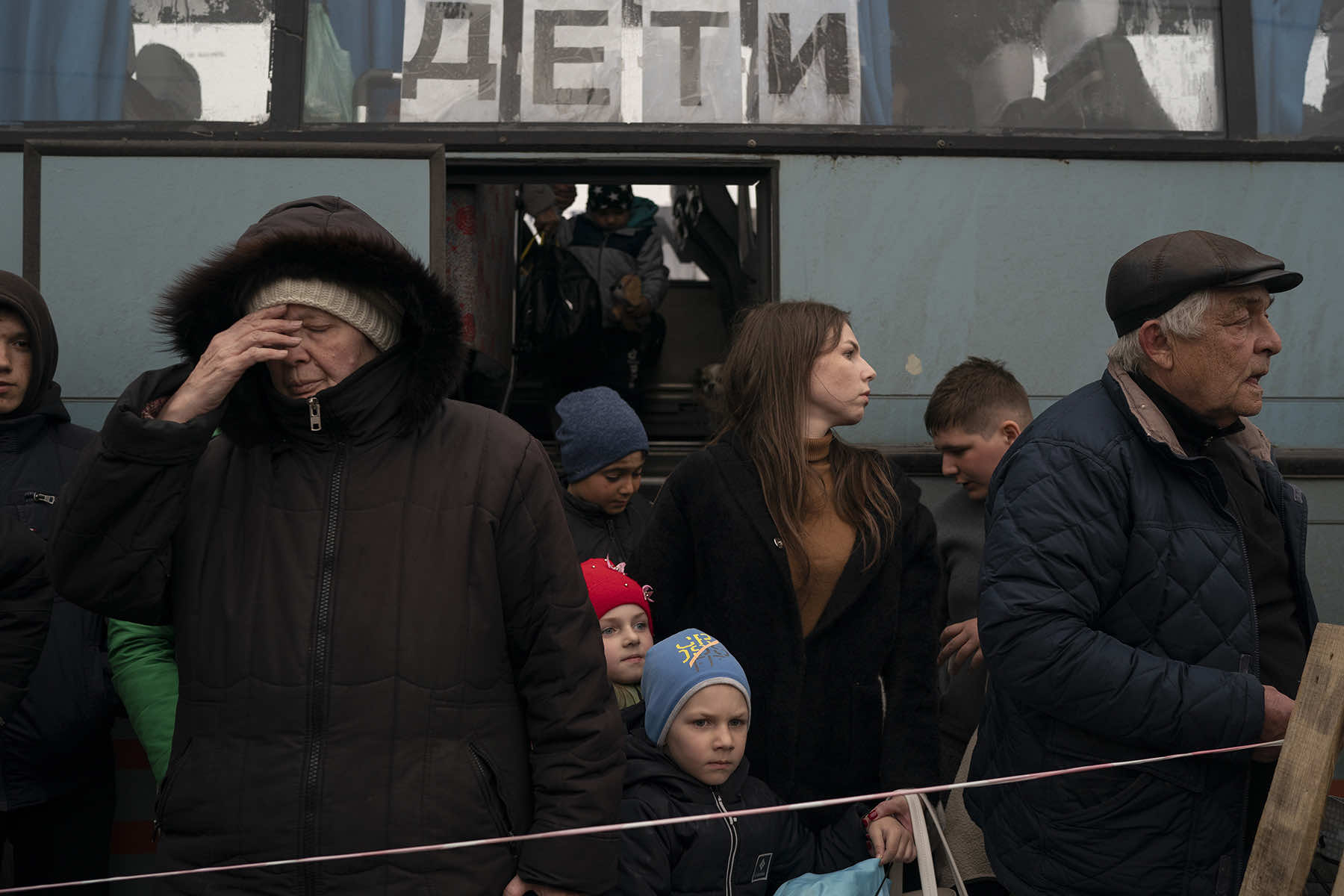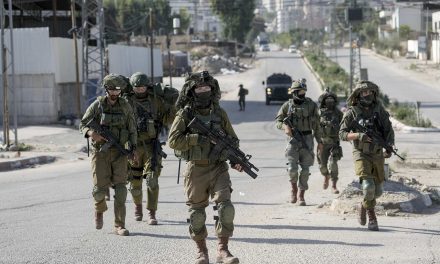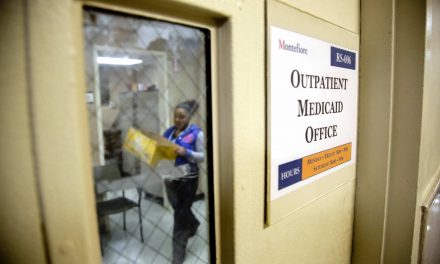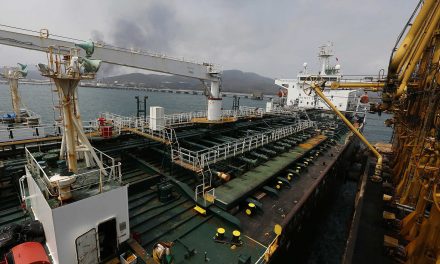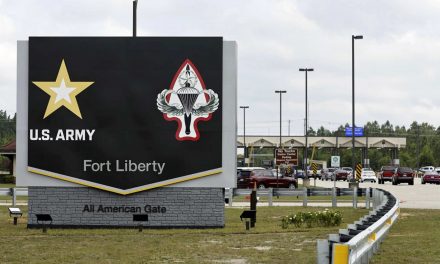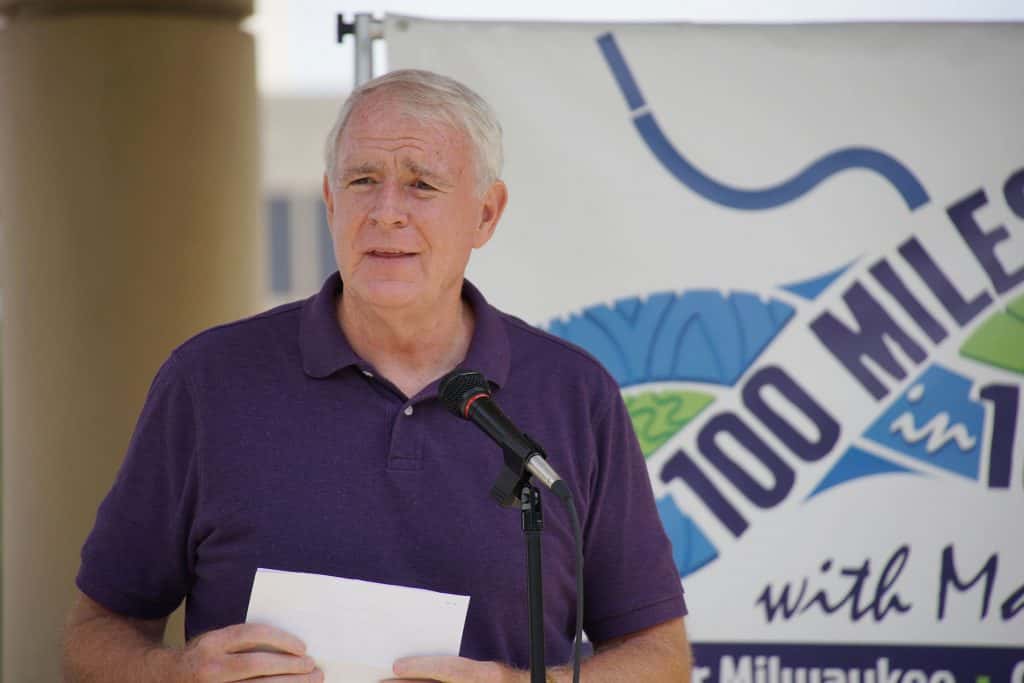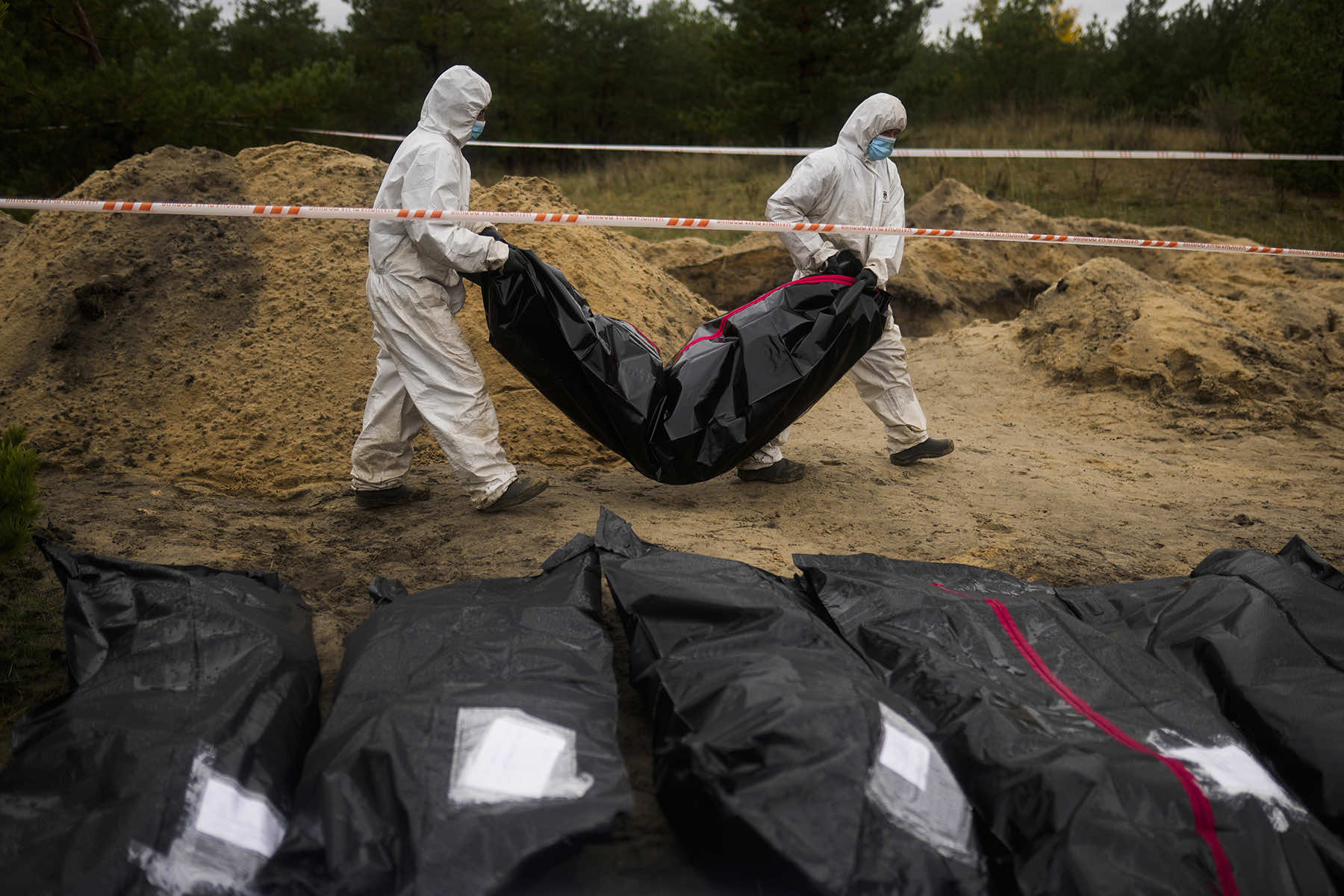
This was the year war returned to Europe, and few facets of life were left untouched.
Russia’s invasion of its neighbor Ukraine unleashed misery on millions of Ukrainians, shattered Europe’s sense of security, ripped up the geopolitical map and rocked the global economy. The shockwaves made life more expensive in homes across Europe, worsened a global migrant crisis and complicated the world’s response to climate change.
“What do we hear today? It’s not just rocket explosions, battles, the roar of aircraft. It is the sound of a new Iron Curtain lowering and closing Russia away from the civilized world.” — Ukrainian President Volodymyr Zelenskyy, February 24.
Russia’s pre-dawn attack on February 24 shattered European peace and shocked the world. The war also confounded the near-universal expectation that Russian forces would quickly prevail. Ukraine put up fierce resistance, and Russian troops bogged down on the journey to the capital. Russia pulled back from the area around Kyiv in April, leaving blasted buildings, traumatized people and hundreds of corpses that Ukraine and its allies say are evidence of war crimes.
Fighting also raged in Ukraine’s south and east, where Russia pushed outward from territory held by pro-Moscow forces since 2014. The port of Mariupol fell after a brutal three-month siege that reduced the city to ruins.
The war revived Cold War-era enmity between Russia and the West, pushing Sweden and Finland to seek NATO membership and prompting NATO nations to flood troops and weapons into eastern Europe.
As winter approached Ukraine’s military — bolstered by weapons, ammunition and training from the U.S. and other allies — pushed Russian forces out of the southern city of Kherson, a morale-boosting victory amid a grinding war that showed no sign of ending.
“We … are preparing for the worst winter of our lives.” – Kyiv resident Anastasia Pyrozhenko, November 20.
As winter approached, Russia launched missile attacks aimed at Ukraine’s infrastructure, temporarily cutting power for swaths of the country and leaving millions facing a freezing, dark winter.
The war also sent global energy prices soaring as Moscow squeezed supplies to the West in retaliation for sanctions on Russia and support for Ukraine. Italy, Germany and other countries that relied on Russian oil and natural gas scrambled for alternative energy supplies. With millions of people suddenly struggling to pay their energy bills, governments came under intense pressure to step in with help.
Ukraine and Russia are key global suppliers of wheat, barley, sunflower oil and — in Russia’s case — fertilizer, and the war also drove up food prices and raised fears of global shortages. A U.N.-brokered deal to allow grain ships to leave Ukraine’s Black Sea ports was struck in July and, though shaky, held to prevent a worse crisis.
“While states point fingers and trade blame, lives are lost.” — U.N. High Commissioner for Refugees Filippo Grandi on the “desperate situation” in the Mediterranean, November 24.
The war added millions to the world’s grim tally of displaced people. More than 14 million Ukrainians left their homes, according to the U.N., with 7 million taking refuge in other countries.
Meanwhile, almost 100,000 people fleeing conflict and poverty in the Middle East, Asia and Africa crossed the Mediterranean in overcrowded and sometimes unseaworthy vessels, as the European countries they aimed to reach bickered over where they should go. More than 2,000 people died attempting the journey or were missing at sea.
The English Channel became another flashpoint, as smuggling gangs packed dinghies and other small boats with people from around the world who travelled to northern France in hope of reaching the U.K. More than 40,000 succeeded in 2022. In response, the Conservative British government signed a deal with Rwanda to send people arriving by this route on a one-way trip to the east African country.
Critics called that inhumane and unworkable and launched a legal challenge. Many contrasted the hostile attitude to the boat migrants with the welcome given to Ukrainian refugees.
“Any further delay (in global action) will miss a brief and rapidly closing window of opportunity to secure a livable and sustainable future for all.” — the U.N.’s Intergovernmental Panel on Climate Change, February 28.
The war was bad news for the environment, as the energy crisis made countries rethink plans to stop burning fossil fuels. France restarted a shuttered coal plant, the Czech Republic reversed a plan to stop coal mining in a key region, Britain approved more North Sea oil and gas drilling — and environmentalists warned Europe was backsliding in the fight to limit climate change.
Some saw a silver lining to the crisis, suggesting that a heightened awareness about the fragility of fossil fuel supplies would impel nations to more rapidly switch to renewable energy sources.
Extreme weather provided a reminder of the stakes. Winter storms in northern Europe were followed by a summer drought across much of the continent. In Britain, a heat wave sent the temperature above 40 degrees Celsius (104 Fahrenheit) for the first time.
Autumn brought more heavy rain. On the mountainous Italian island of Ischia, downpours in November triggered a massive landslide that pushed cars and buildings into the sea and killed at least a dozen people.

